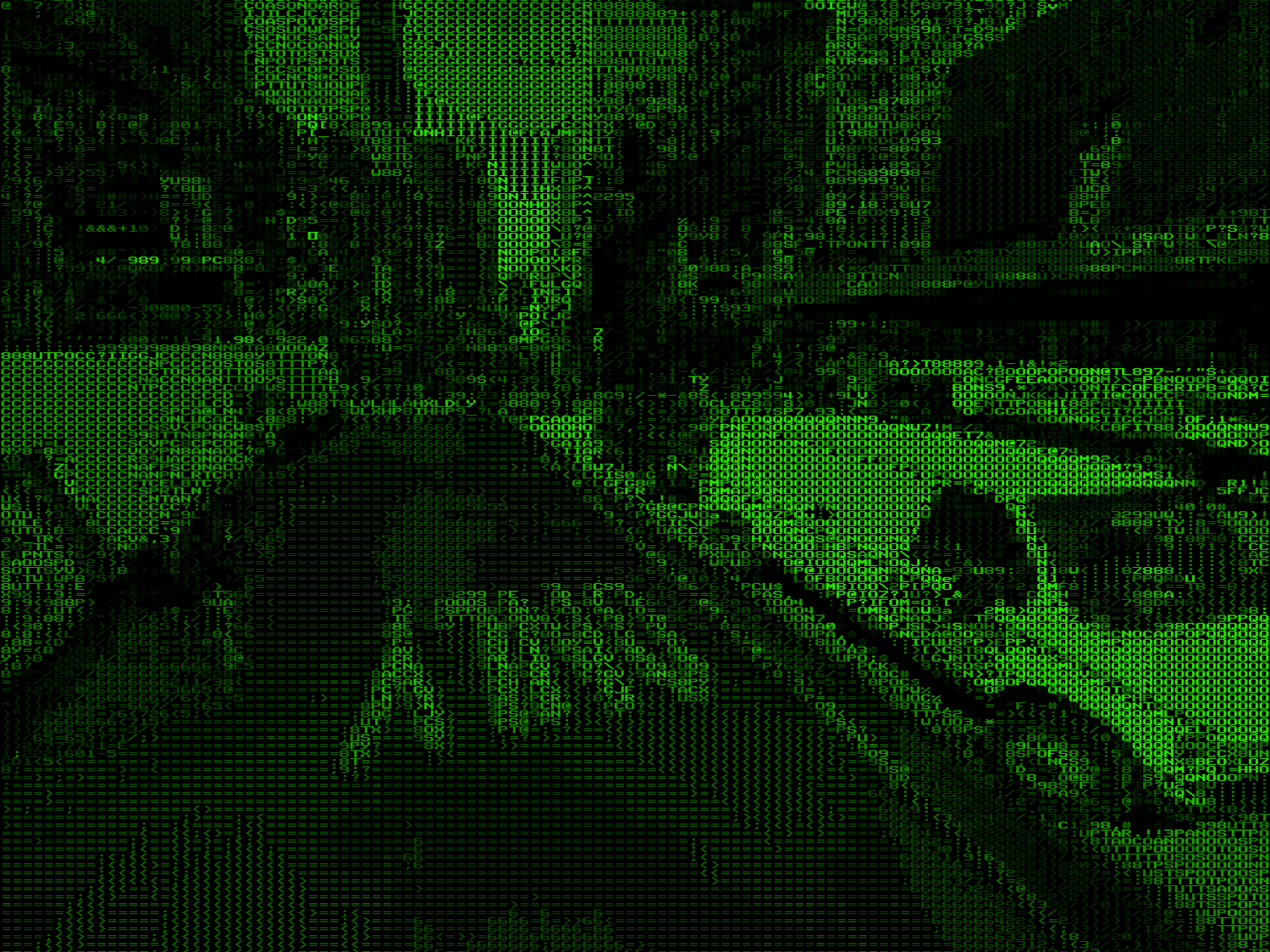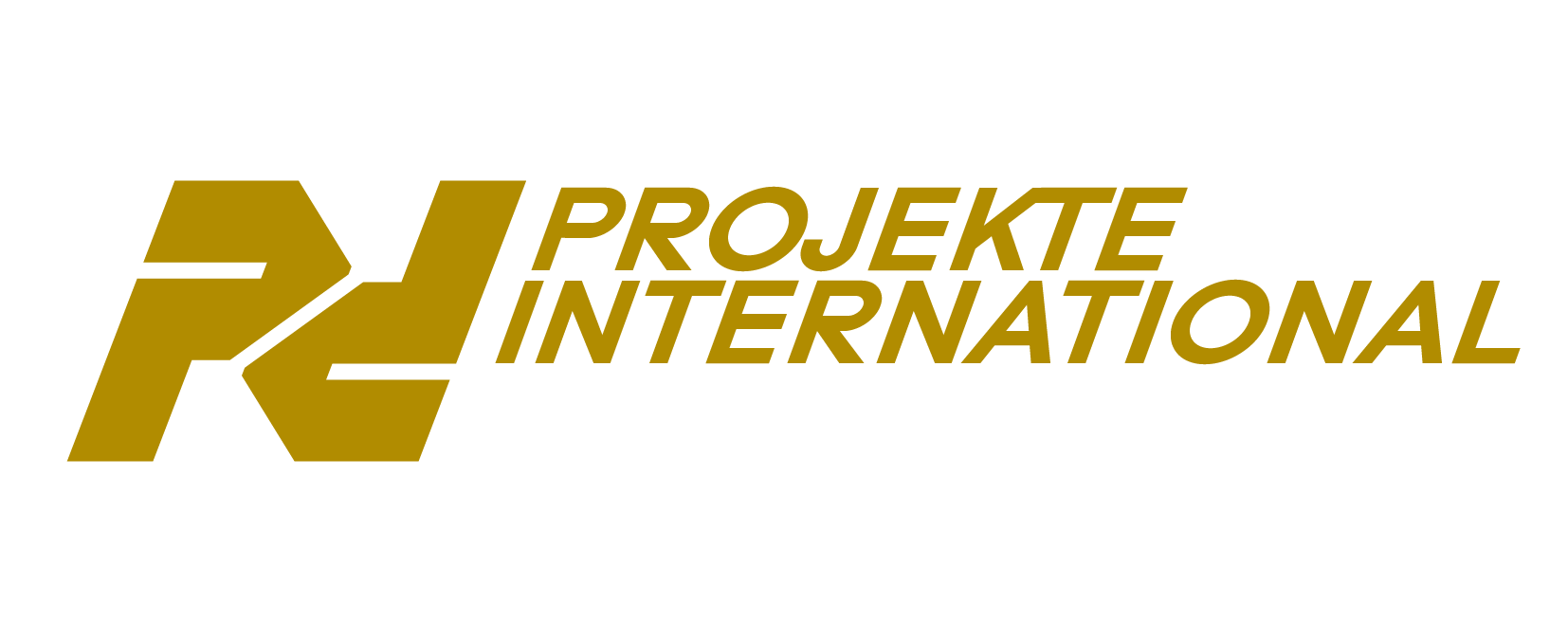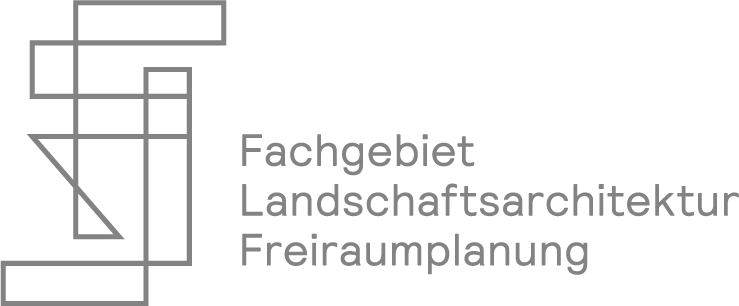DIAGNOSE! Interview with
#10 – Mark Graham
By: Panos Tsiamyrtzis Bakas
DIAGNOSE! Interview Series
Published on February 1, 2021

Mark Graham // Professor, Oxford University
Intro-
Mark Graham is the Professor of Internet Geography at the Oxford Internet Institute of Oxford University and co-founder of the Fairwork Foundation – bringing together key stakeholders around the world – including workers, trade unions, platforms, and policymakers – to set minimum fair work standards for the gig economy. He has led multi-country studies examining the production networks of digital work analyzing workers from economic margins enroll into global value chains and planetary labour markets.
Digital Geographies is Mark Graham's most longstanding research area where he investigates how people and places are ever more defined by, and made visible through, not only their traditional physical locations and properties but also their virtual attributes and digital shadows. Considering his amount of experience on the subject we were very excited to discuss, explore and speculate on the transformation processes that are currently taking place in Berlin, Brandenburg and the global context by looking into today's ever-evolving digital infrastructures and their impact – direct or not – on the urban environments until 2040, and beyond.
He has a very thorough and refreshing understanding of the subjects he speaks about as demonstrated by his latest fiction texts Platform Socialism, City of Loops – part of the book he co-edited named How to Run a City Like Amazon, and Other Fables – the pamphlets he has co-published as well as his long list of academic research and publications.
--
Hello, to begin with I would like to ask a couple of things about your own relationship with the city of Berlin. In your blog you mention that, before becoming an academic, you lived and worked here, on assembly lines and delivering newspapers. How long did you spend here and how would you define your relationship with the city?
I lived in Germany for four years as a teenager: two of those years in Berlin in the mid-90s. I arrived in Berlin not speaking a word of German, so found the city and the country very hard in the beginning. Berlin in the 90s was very different to the Berlin of today - with far fewer people speaking English. So I always felt like an outsider in Germany and never really fit in. Most of my friends were foreigners and found it hard to get into local circles. But I also loved life there and really valued some of the ways in which German society doesn't try to restrict little freedoms (at least in Berlin). I spent a lot of my time roaming around the city for hours on my bike and discovering different corners of it.
Have you kept in touch with the city?
I wish I was more in touch with the city since then, but it's always hard to follow local politics when you're no longer local. I did spend a few months living there in 2019 though, and allowed me to at least scratch the surface.
Of course, and as you say Berlin has changed quite a lot, especially when it comes to the adoption of the 'sharing economy’ and the platformization of basic infrastructures like healthcare, food provision etc. As a consequence the streetscape has been getting ever more digitalized, with the inner city having an appeal for being a privately driven test lab on digital economy and this is transforming it rapidly. What are your reflections on these trends?
In terms of the city becoming more digitalized, I think that is a trend that we see playing out just about everywhere. Important layers of the city are digital, and ways that we interact with those layers are ever more digitally mediated. This means that the organizations and groups who control those digital layers get to increasingly shape and control not just how we interact with the city, but also the city itself. As Doreen Massey once said, "for the future to be open space must be too". If we want a say in how our cities are run, and what they look like, we need to make sure the digital layers of our cities have concepts of justice, equity, and democracy baked into the way they are run.
Which ‘layers’ of the city are you referring to?
When referring to layers of the city, I'm talking about the data about places that is invisible to the naked eye but nonetheless part of buildings, streets, parks, roads, and neighborhoods. If we go to a restaurant, the reviews of that restaurant on Google Maps are as much a part of the place as the tables or the walls. Map layers, images, videos, and other data all layer the city in this way. They aren't all stored in the place they represent, but - because they are tagged to those places - can nonetheless be virtually fixed to those physical locations.
Are digital platforms the infrastructure of this mediation?
Yes, exactly. Digital platforms are the infrastructure of this meditation, and that is exactly why it is so important to make sure that those platforms are accountable to citizens and are built on principles of equity, fairness, and justice - rather than being governed by opaque rules put into place by firms whose priorities are usually to sell advertising.
Ok, we have to go into that a little deeper. Could you give us a brief introduction into the concept of 'digital platforms' and their role in the transformation of urban life?
The concept of the 'platform' means many things to many people, but what most tend to refer to is the platform's role as an intermediary that facilitates connections. Such connections might have once been made in a co-present or 'offline' way (in a marketplace or a school or a coffee shop for instance). But platforms set up infrastructures to allow much of that work of connecting, communicating, and transacting to happen - additionally - in asynchronous and non-proximate ways. In this sense, the platforms that mediate our cities have an important role to play in our interactions: synchronous, asynchronous, proximate, non-proximate, and any combination thereof. In other words, our urban interactions - whether they be getting a haircut, navigating, dating, job finding - are increasingly intermediated by platforms, and so platforms have an ever greater role in shaping the city and all life within it.
Could you name a few of those platforms and why they have such a strong influence?
It is the navigation apps (Google, Apple), the transportation apps (Uber), the delivery apps, the dating apps, the social media apps, even the weather apps. What they all have in common is that they are shaping how we understand, interact with, and interact through the city. They are the operating system for the city.
And given that their drive is a purely lucrative one based on the capitalization of user data, should we expect those big companies to parallel or even compete with public infrastructures e.g. logistic, healthcare and education?
I hesitate to predict the future, but I would answer this by saying that whatever does happen isn't really being primarily led by the technology. If a big company creates a parallel provision of healthcare, this is really a question of the political economy of healthcare in any given country. Platform companies often thrive in the absence of clear rules or in the gaps between existing rules. So we have to be vigilant about how these crucial sectors are managed and governed. It would otherwise be quite possible for platforms to quickly start exerting an unregulated influence in those domains.
'Platform urbanism' is a newly introduced term that you recently used yourself in your paper Regulate, replicate and resist. Could you help to clarify the definition of this concept?
I think most authors are using it as a way to describe the digital augmentations of the city that are controlled by key mediators - the platforms.
How does the "smart city" model propagated by big-tech companies and 'platform urbanism' compare? Is the one a direct translation of the other?
The concepts of the 'smart city' and 'platform urbanism' clearly refer to overlapping ideas. I suppose the emphasis with the smart city is on the data, technologies, and systems of analysis that will 'optimize' urban management (which often will involve platforms). With platform urbanism, the emphasis is on the intermediating of the city through the platform. This of course happens through many (but not all) of the data, technologies, and systems of analysis in the smart city. So, they are overlapping, but not identical concepts.
In your paper An informational right to the city your write: “Just as water emerges from the tap (via dams, reservoirs and monitoring systems), the process and operations enabled by Google mask an enormous process of operations and social relations from the gaze of the regular user”. Could you help to unmask those metabolic processes you mention?
While we used the tap as a metaphor to point to the range of hidden processes and technologies hidden upstream from the point of use, there is an important difference. Provided we live in the same neighbourhood or city, the water in your tap is the same as the water in mine. With the value chains of information upstream from our interfaces, there is no singular chain. There are countless pathways on countless apps put into contact with countless use cases. It is sort of like asking 'how does food get onto the plate?' It all depends on whose plate, and what they are eating. So what we need to ask are: Where are the nodes of control and coordination? In some cases, we know (the processes upstream from the tap of Wikipedia are relatively transparent), and in many other cases we are just faced with a wall of opacity. It is precisely for this reason that we need more research mapping out these flows of information for specific person-place-platform configurations.
Where do we have to look at if we want to demystify and uncover those nodes of control and coordination that you mention in order to bring out some transparency in this mostly opaque system?
If we want to demystify those nodes of control and coordination, there's no singular place to look. As scholars, we can focus our energies on asking questions about the processes and outcomes that those modes of governance bring about. There has been some great recent work marrying critical race studies and algorithm studies here, and I hope there is much more. As citizens, we simply need to demand and fight for ever more transparency. This involves both regulation, and - as users - avoiding the platforms that are more problematic.
Clashes between residents and big tech companies infiltrating into the urban fabric with their headquarters have been increasing. To name a couple such examples here in Berlin, there have been protests against Google setting a base in the neighborhood of Kreuzberg. This became a heated debate with Google stepping back as an outcome. Right now another neighborhood, Friedrichshain, is facing a very similar challenge with a new skyscraper being built right in the center of it, on Warschauer Brücke, whose main occupant is going to be Amazon, protests follow. I would like to know where do you see the role of planners in this transformation, should there be a place for them to get involved in those protests as professionals?
That's a good question. For every planning decision there will be those who are threatened, hard done by, disenfranchised, or dispossessed. And, all too often planning has been used to further the interests of the powerful. But it doesn't have to be that way. Urban planning is simply the practice of being intentional about what our cities turn into. So, in an ideal world, that intentionality about our future cities - that planning - would build-in principles of fairness, equity, and justice and combine them with a broad base of citizen participation. In a way, this is also what your next question is asking about. Whether it be our built or our digital environment, what is clear is that the capitalist model is fundamentally incompatible with just outcomes. We need alternate strategies of governing our cities and the digital layers within them.
Where should we be focusing then, as planners, in an increasingly digitalized society where data ownership is becoming as crucial a resource as land ownership?
In much the same way that the privatisation of property, and the resultant creation of a class of landless people, serves to greatly increase economic inequalities, we can already see the same process happening with data. As planners, we should be designing systems from the bottom-up that have common ownership and common governance built into their DNA. Without those pre-conditions, it will be hard to engineer any system to yield outcomes that are anything but unjust.
I see, though in reality it seems like we are heading towards quite a different direction, in the future A.I. is likely to be used to regulate the distribution of land, a process that will totally blur the boundaries between data and space as predominant resources within our society. Do you think this is a possible scenario or simply a dystopian imagination?
We're already seeing opaque algorithms mediate how we live, love, work, shop, and spend our time in all sorts of other ways. As AI becomes more of an everyday technology, we'll of course see it be inserted into all of these socio-technical systems and practices. What's dystopian is if we don't find ways of regulating those systems to be transparent, democratic, accountable, and fair. But before we get too worried by dystopias, it is also important to remember that automated opaque systems of governance and control are rarely hegemonic. There continue to be all sorts of playful and powerful ways that people exert their freedom and agency within them.
In your fiction text Platform Socialism you write about a centralized one-platform-mediates-everything future, where citizens organize a revolution through a counter-culture community of so-called ‘hypnoraves’, a Matrix-like virtual realm where people gather to disconnect from the struggles they face living in a digitalized society. Is this world that you describe simply a metaphor for today’s society? – What do those ‘hypnoraves’ represent?
As anyone familiar with rave culture can attest, raves are spaces of freedom, possibility, and agency. They allow people to construct, and live out, alternate ways of being, and so are a fertilizer for the imagination. They allow us to realise and remember that the world as we know it, can be whatever we want it to be. The hypnoraves in the story were exactly that. In a near-future world in which a platform exerts its unaccountable systems of governance on everything ranging from the type of pizza you eat to the job that you work in, the hypnoraves represent an immediate escape from the stifling control of everyday life. But they also offered something more: a moment to imagine societies, politics, and economies that functioned in ways that were different from the status quo. They showed there was nothing inevitable about the present. Luckily we still have many such spaces and infrastructures - e.g. universities and countless cultural institutions - that foment alternative visions, radical ideas, and creative possibilities - in the present moment.
What you say reminds me of a part from the text which I really enjoyed, where you write: “Hypnoraves were more than just music to people, they were a way of connecting; a way of co-existing with other people that offered something fundamentally different from the drudgery of everyday life. It was a celebratory protest. A way of claiming space”. While they provide the space, or else the 'platform', for people to construct and live out alternate ways of being, do raves and other sub-cultures sometimes run the risk of mere escapism?
Do you think people might eventually find themselves at a dead-end in terms of agency in the ‘meatspace’ world and start applying that way of thought for real?
In another fiction text of yours City of Loops, which reminds us of Platform Socialism, you describe a reality where people are hooked up in the so-called 'Looped Web’, which “was a mix of immersive, geo-sensitive, virtual augmented city layers that could be accessed through full-body tank” and “a whole new augmented society was created: cities and towns that existed over-layered on top of the old ones.” A character of this text, when challenged about the motives behind this new augmented society responds: “But we can build a world in which we own and control our world”. Do you think people might eventually find themselves in a dead-end in terms of agency in the ‘meatspace’ world and start applying that way of thought for real?
Could these ‘Loops’ represent a gateway towards a missing right to the city, or would they rather be creating even more distance towards a right to the actual city?
Both the City of Loops and Platform Socialism stories involve a certain amount of escapism. Not unlike today, we have people diving into their screens in order to access worlds and networks that offer people things that they want and need.
The raves in Platform Socialism, might look like a purely hedonistic escape from the dystopian hyper-capitalism world people are living in - but the story shows that they are something much more. They are a ritual in which people can feel empowered to engage with the mico-societies formed there in extremely non-hierarchical and non-commodified ways. Crucially, they are also a space from which alternatives can be imagined. If experiences of the rave show the possibility for a joyous and equitable engagement with lived spaces that are built on totally different social foundations, what other worlds might be out there waiting to be created?
So the point really is that escapism might not actually be quite so much of a dead end if those escapes fertilise the imagination and offer perspective about the thing we're trying to escape from. And ultimately all escape is ephemeral.
In the City of Loops story, I certainly wasn't trying to suggest that any sort of total escape or transcendence was possible. Quite the opposite in fact. The goal was to show that no matter how disassociated the digital feels from the material, we are never not in 'meatspace'. The digital can, of course, be a site of experimentation and creativity and rebellion. But there are no binaries or dualisms. The material and digital augment each other, and weave into each other; they co-constitute each other. In the story, the characters find out that no matter how deep they go (into the worlds within the worlds within the worlds), the political economy of the datum always matters. There is an infrastructural question that needs to be addressed, and it is impossible to build an open and free society on top of a closed and restricted infrastructure.
In other words, the 'loops' that I described in the story are not really a gateway to a missing right to the city. It might look as if they represent a new liberatory space. But, unless there is a democratisation of the underlying infrastructures, they represent little more than a space of consumption.
And what would it mean for tactile space if people started living in augmented realities more and more? Would actual cities get neglected? Would agency in the physical world become of less importance?
About whether cities would become ever more neglected if we were to engage more with augmented realities: I don't think so. Virtual realities, perhaps. But the fact that, for decades, people have spent hours a day watching television (a form of virtual reality) doesn't mean that we've ignored our material realities. It's worth remembering here that the average American spends about four hours a day (!) watching television. People also spend a huge amount of time in front of games and other media. Does this mean all of these people are neglecting their cities? I'm not sure. But they are certainly already immersed in other worlds. And, just like with older media, these questions about who owns and controls the means of informational production and distribution are crucial. All that has changed now is that these layers of content are more directly infused into the city.
You have situated City of Loops in 'Augmented Berlin' year 2024. Why did you choose to situate this story here, and why the year 2024? Are there any specific developments you are expecting to see until then?
I situated the story in Berlin simply because it is a city I used to live in, and a city I know quite well. It's a city in which people have been quite experimental about rethinking how society should work, and bold in creating alternative spaces. It therefore seemed like an obvious place to set a story about rethinking our relationship with place. There's nothing special about 2024 really; other than the fact I wanted it to feel clearly connected to the present.
And what could ‘Augmented Berlin’ look like if we were to place it, let’s say, in 2040?
That's actually the year in which my other short story Platform Socialism is set.
With the ongoing pandemic serving as its 'platform' the platform economy is getting stronger than ever thanks to the intermediacy, immediacy and “safety” that it provides to populations that are increasingly wary of human contact. Online shopping, virtual medical appointments, zoom calls and so on. What are the risks of the internet becoming the main and only "safe" infrastructure to carry us through this period? Should we be raising questions of surveillance in a world where tracking and data-based discrimination are becoming normalized? And if so, do you see any hope?
Society as we know it would simply break down if the internet were to disappear tomorrow. We're long past a point where we have to ask if we're dependent. We're as dependent on the internet as we are on the infrastructures that provide electricity and running water. But the pandemic has made the fact that we rely on digital gatekeepers more visible to end-users. And that will hopefully encourage ever more people to ask themselves if having digital infrastructures that are publicly run, owned, and governed might make them more accountable and more likely to serve the interests of local communities.
What do you think, have we actually been trying to "humanize" the digital realm, or instead "digitalize" the human one?
This may be an unsatisfactory answer, but I think neither. I'm not sure there is a digital realm separate from the human or vice versa. That is sort of what the concept of 'augmented realities' is supposed to signify. There is no dualism. My worry in all of this is less that the digital is inhuman, and more that we need to make sure that the digital augmentations of our world help on a journey towards goals defined by a healthy balance between justice, equity, fulfillment, enlightenment, and pleasure.
Thank you Mark, I would like to conclude with a question you have posed yourself:
"How should we dwell within the digitally augmented city?"
We should dwell within it with a sense of belonging and a sense of ownership: we should have a stake and say in how it is run. We need to be aware of how it works, who it works for, the work that it takes to make it work, and how all of that might be reworked. We should dwell within it with kindness, with compassion for our fellow beings, and with a passion and a fire in our bellies for justice and fairness. And we should dwell within it as if our days are numbered. Our cities will become beautiful places if we remember what makes our lives worth living: creating spaces in which love, joy, and play can be expressed in all of the myriad ways that we choose to express them.
BB2040
[EN] Berlin Brandenburg 2040 was initiated by the Habitat Unit in cooperation with Projekte International and provides an open stage and platform for multiple contributions of departments and students of the Technical University Berlin and beyond. The project is funded by the Robert Bosch Foundation.
[DE] Berlin Brandenburg 2040 wurde initiiert von der Habitat Unit in Kooperation mit Projekte International und bietet eine offene Plattform für Beiträge von Fachgebieten und Studierenden der Technischen Universität Berlin und darüberhinaus. Das Projekt wird von der Robert Bosch Stiftung gefördert.








